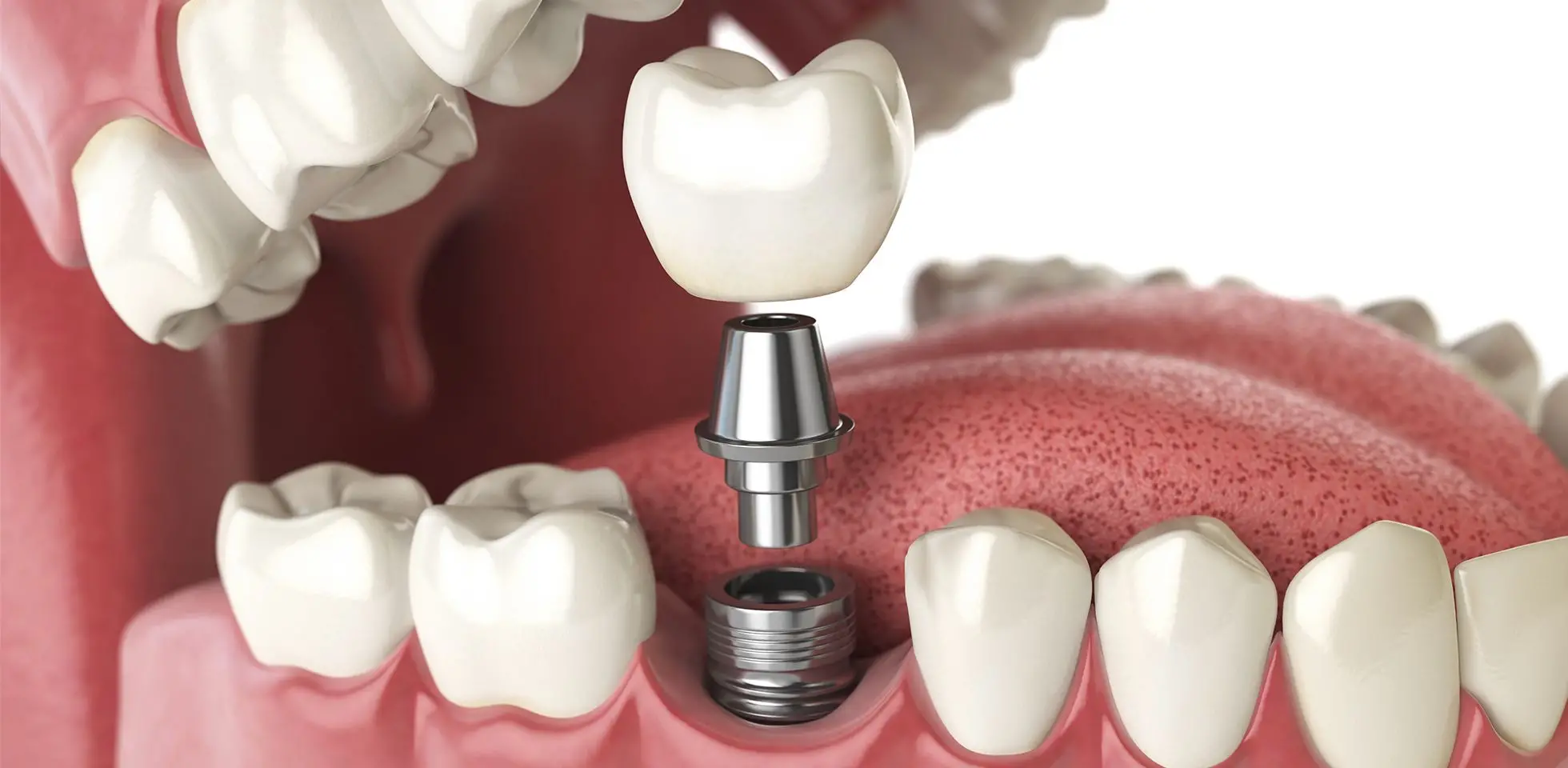Dental implants have revolutionized modern dentistry, offering a durable and natural-looking solution for those who have lost one or more teeth. Unlike dentures or bridges, dental implants are designed to fuse with your jawbone, providing a stable foundation for artificial teeth. This integration helps maintain the structure of your jaw and prevents bone loss, making dental implants a popular choice for restoring oral health and function.
The Process of Getting Dental Implants
Initial Consultation
The journey toward getting dental implants begins with an initial consultation. During this visit, your dentist will assess your oral health, take X-rays, and discuss your treatment options. This step is crucial for determining if you are a suitable candidate for dental implants.
Treatment Plan
Once you are deemed a suitable candidate, a personalized treatment plan is created. This plan outlines the steps involved, from tooth extraction (if necessary) to the placement of the implant and the final restoration.
Surgical Procedure
The surgical procedure involves placing the dental implant into your jawbone. This is done under local anesthesia to minimize discomfort. The implant serves as a replacement root for your missing tooth.
Osseointegration
After the implant is placed, a process called osseointegration begins. This is where the implant fuses with your jawbone, creating a strong and stable foundation for the artificial tooth. Osseointegration typically takes a few months to complete.
Abutment Placement
Once osseointegration is complete, an abutment is attached to the implant. The abutment serves as a connector between the implant and the artificial tooth.
Final Restoration
The final step involves placing the artificial tooth, also known as a crown, onto the abutment. The crown is custom-made to match the color and shape of your natural teeth, ensuring a seamless and natural-looking smile.
The Importance of a Skilled Dentist
Finding a skilled and experienced dental implant specialist in Forest, VA, is crucial for the success of your dental implant procedure. A qualified dentist can ensure that each step is performed with precision, reducing the risk of complications and ensuring optimal results.
What to Expect During Recovery
Immediate Post-Surgery Symptoms
After the surgery, it’s normal to experience some discomfort, swelling, and minor bleeding. These symptoms are typically manageable with over-the-counter pain medications and should subside within a few days.
Managing Post-Surgery Symptoms
To manage immediate post-surgery symptoms:
- Apply ice packs to the affected area to reduce swelling.
- Stick to a soft diet to avoid putting pressure on the implant site.
- Follow your dentist’s instructions on oral hygiene to prevent infection.
Long-Term Recovery Process
The long-term recovery process involves monitoring the progress of osseointegration and ensuring that the implant site remains healthy. Regular follow-up visits with your dentist are essential during this period.
Recovery Timeline
- First Week: Initial swelling and discomfort should subside.
- First Month: Soft tissue around the implant begins to heal.
- 3-6 Months: Osseointegration completes, and the implant becomes fully integrated with the jawbone.
- 6+ Months: The final restoration is placed, and normal function is restored.
The Benefits of Dental Implants
Improved Oral Health and Functionality
Dental implants mimic the function of natural teeth, allowing you to chew and speak with confidence. They also help maintain the structure of your jawbone, preventing bone loss and preserving your facial structure.
Enhanced Confidence
With dental implants, you can enjoy a natural-looking smile that boosts your confidence. Unlike dentures, implants are fixed and do not slip or move, allowing you to speak and laugh without worry.
Potential Complications and How to Avoid Them
Common Issues
- Infection: Proper oral hygiene and regular dental check-ups can prevent infections.
- Implant Failure: This is rare but can occur if the implant does not integrate with the jawbone.
- Nerve Damage: A skilled dentist can minimize the risk of nerve damage during surgery.
Preventive Measures
- Follow post-surgery care instructions meticulously.
- Maintain good oral hygiene.
- Attend all scheduled follow-up appointments with your dentist.
Conclusion
Dental implants are a life-changing solution for those seeking to restore their oral health and functionality. By understanding the process and what to expect during recovery, you can make informed decisions and achieve the best possible outcome.
Remember to choose a skilled and experienced dentist for your dental implant procedure, and the benefits of a healthy and confident smile will be yours to enjoy for years to come. Your oral health is an important part of your overall well-being, so don’t hesitate to consider dental implants as a viable option if you are missing teeth.



